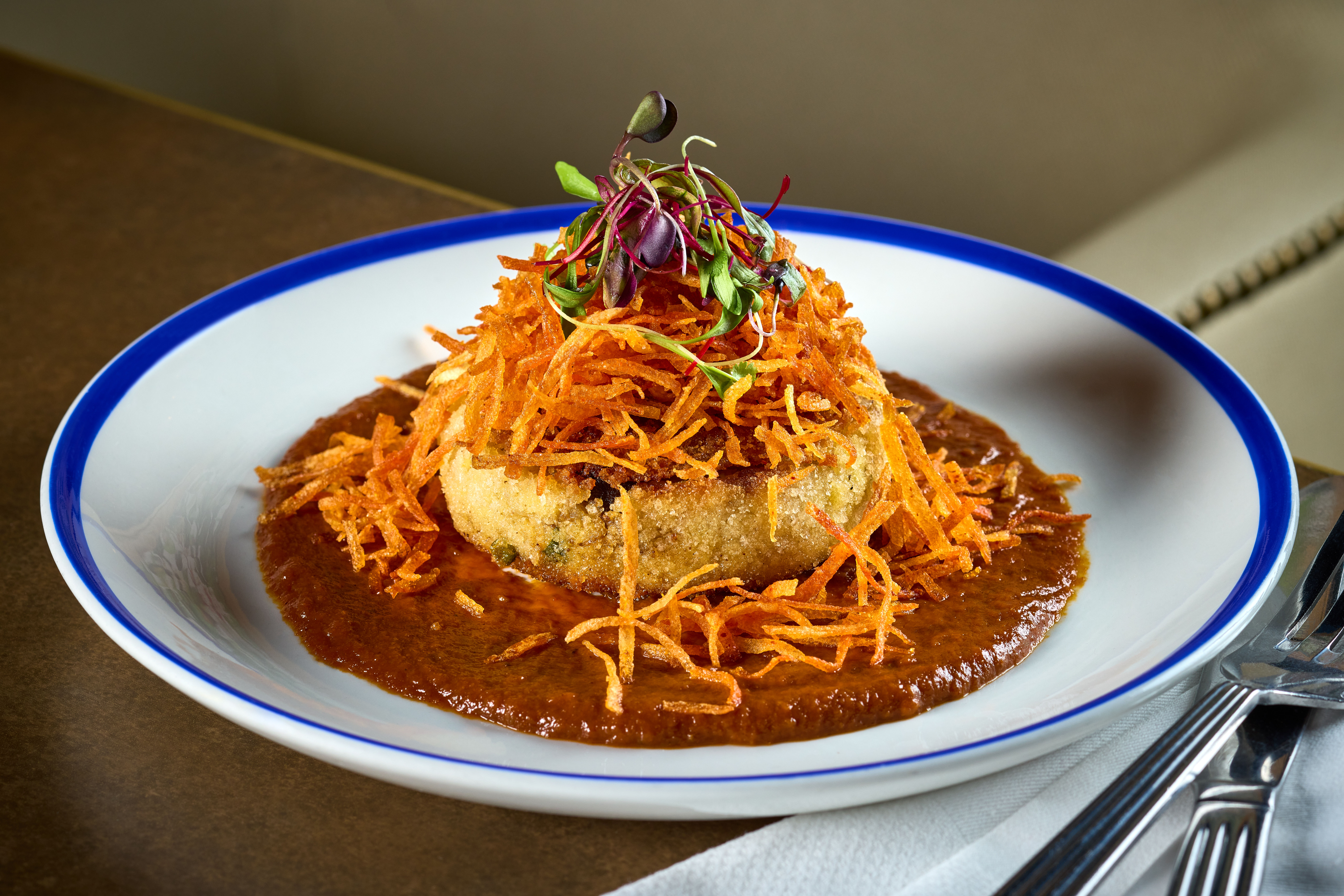By Danielle Wiener-Bronner
(CNN) — Big food companies are entering the startup game.
In recent years, Chipotle, Chobani, Land O’Lakes and Pepsico have launched accelerator programs designed to help innovative food and beverage startups grow their businesses.
Chipotle’s Aluminaries Project offers a group of startups mentoring from celebrity chef Richard Blais and entrepreneur Kimbal Musk, the brother of Tesla CEO Elon Musk, among others.
Chobani’s Incubator gives each participating startup $25,000, as does Land O’Lakes Dairy Accelerator. Pepsi’s offers $20,000 and a $100,000 grand prize to the winner of the six-month long program.
None of the companies are taking a stake in the startups. All of them say that the programs are a way to help young businesses thrive, and give back to their communities.
That’s not the whole story.
With the accelerator programs, companies are hoping to learn how to keep up with food trends and compete like entrepreneurs.
“The food system is changing very dramatically,” said Peter Bodenheimer, Program Director for food startup accelerator Food-X.
He said that big food brands used to dictate what people ate. Now, young competitors are offering people more choices, and responding more quickly to trends.
“These big companies are getting their lunch eaten by smaller upstarts,” he said. “They’re trying to understand what the market looks like.”
Morningstar analyst R.J. Hottovy added that “a lot of these companies struggle to find growth in this environment.”
“By investing or partnering with some of the startups,” Hottovy said, they may “try to capitalize on trends.”
Thinking like an entrepreneur
Consumer tastes are evolving quickly and companies have to keep up, said Chris Roberts, chief operating officer of dairy foods for Land O’Lakes. Millennial customers in particular, he said, like to experiment with food. That means brands have to constantly think ahead.
“Just because you’re winning today, doesn’t mean you’ll be winning in a year or two,” he said.
Working with startups also gives the company creative solutions to common problems. One example, Roberts said, was trying out a product at farmers markets instead of conducting formal tests.
Another benefit to helping startups grow is that more successful companies mean a bigger market.
“It helps the dairy community in general,” Roberts said, and creates “more demand for the base product, which is milk.” That helps Land O’Lakes shareholders, which include dairy farmers.
Roberts said that working with the first cohort led the company to make two acquisitions: Vermont Creamery, which makes cheese, cream and butter, and feta cheese brand Philia.
Plants, insects and tree sap
Pepsi has also had some time to reflect on the benefits of its program. The company’s North American program, which launched this month, is based on a European accelerator it launched in 2017.
Daniel Grubbs, managing director of the PepsiCo Ventures Group, said that the Pepsi accelerator helps the company figure out what new products consumers are responding to.
“That’s very beneficial for us,” he said.
Last year, eight companies received grants through the European program. The list included a company that makes whipped vegetables, one that sells birch sap and another that sells snacks made out of insects.
Erbology, a British company that sells plant-based snacks, powders and oils, was the winner of the first European accelerator.
Kindred spirits
Chipotle is focusing on companies that develop farming and agriculture tech and find solutions to food waste.
Caitlin Leibert, the company’s sustainability director said Chipotle’s program is philanthropic. “But we’d be remiss to say that investing in the future of food with integrity wouldn’t benefit our company.”
Chobani hopes its program will make more natural food available to more people. And it’s part of CEO Hamdi Ulukaya’s personal mission to help entrepreneurs, said Peter McGuinness, the company’s chief marketing and commercial officer.
Ulukaya is “just a founder entrepreneur wanting to pay it forward,” said McGuinness. The successful Greek yogurt company is only ten years old.
“That’s why we decided to do this no strings attached,” McGuinness said.
Bone broth company Kettle and Fire and Chloe’s Fruit, which makes fruit-based soft serve and popsicles, have gone through Chobani’s incubator. Since then, they’ve eached raised millions of dollars in funding.
McGuiness said Chobani is not worried about any of the startups stealing away its customers.
“We don’t have any yogurt makers in the mix,” he said, adding that the companies are complementary to Chobani’s business. “If anything, we’re kindred spirits.”
The-CNN-Wire
™ & © 2018 Cable News Network, Inc., a Time Warner Company. All rights reserved.







